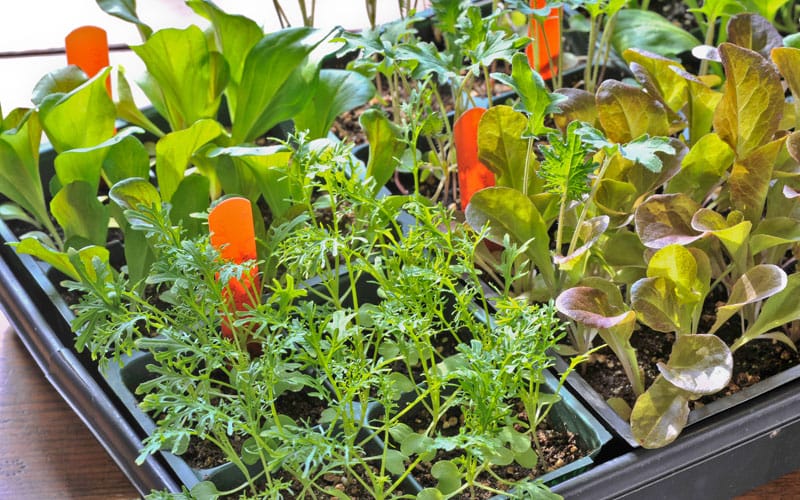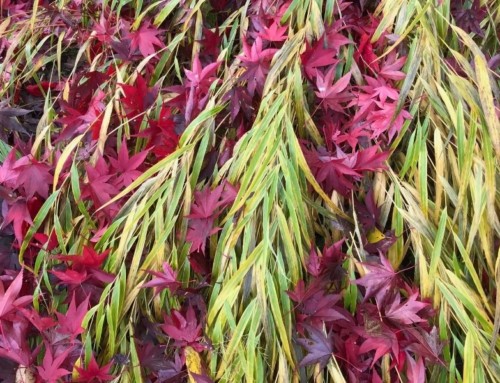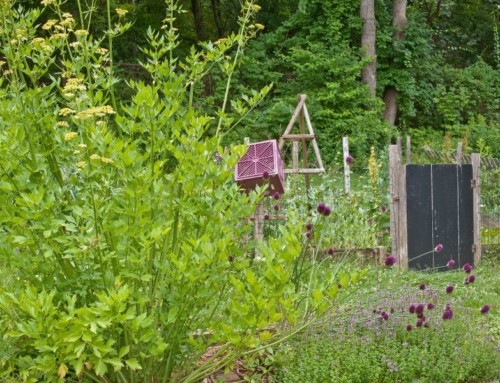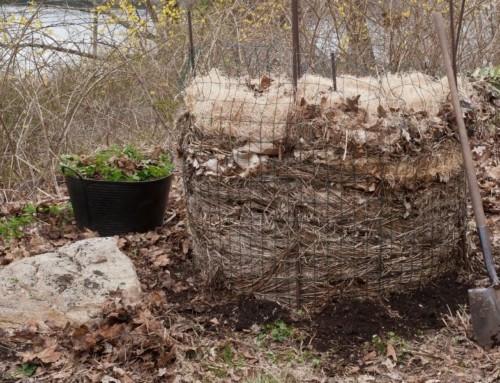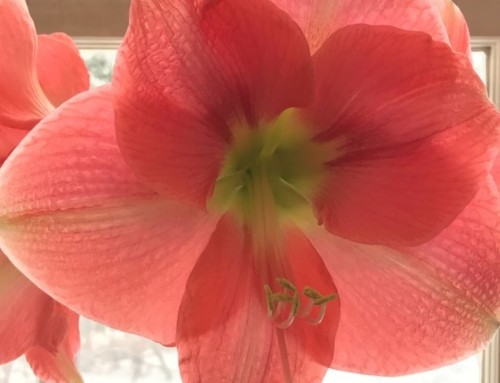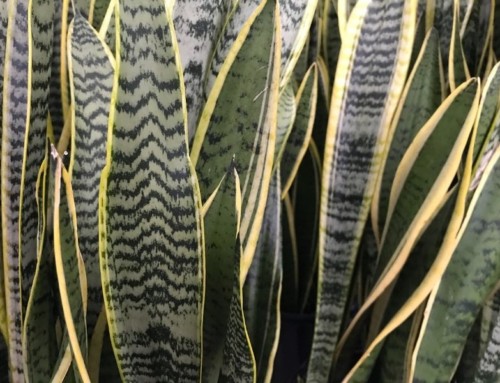This time of year, my p.o. box runneth over – with a bounteous crop of specialty mail order seed catalogs that get my mouth watering. I try to lose control ordering seeds from only one catalog per year.
With giant chemical companies owning and controlling most of the global seed market, I urge you to seek out independent seed houses. They tell you who they are right up front.
FAVORITE SEED SOURCES
Try growing something new this year. These catalogs offer vitamin-packed vegetables in every imaginable hue, gorgeous greens, exotic fruits, herbs, flowers and more.
They make it easy and fun to eat a rainbow.
John Scheepers Kitchen Garden Seeds Family owned and operated in Bantam, Connecticut. Mail order only gourmet vegetables, herbs and flowers, “Absolutely no GMO’s, 100% untreated seed.”
The lemon cucumbers and soft yellow Golden India Edible Pea Pods, with two-tone purple flowers that I grew a few years ago were almost too pretty to pick. Same with Outredgeous Romaine lettuce, Orange Chiffon Swiss Chard, Dukat Dill – but I made the delicious sacrifice.
Johnny’s Selected Seeds Employee-owned and widely known for superior quality – and giving back to the community – since 1973, Maine. “Our mission is helping families, friends and communities to feed one another by providing superior seeds, tools, information and service.”
The comprehensive catalog is packed with germination and growing advice. Seeds are packaged in various sizes from small packets for home gardeners to quantities in the pounds or multiple millions for farmers. One of 9 original signers of The Safe Seed Pledge.
Sow True Seed Organic, open pollinated, non-hybrid, heirloom, GMO-free seeds, North Carolina. “Sow True Seed was created to preserve our shared botanical heritage and grow a new era of sustainable culture and ecological wisdom. We support independent, regional agricultural initiatives that foster a vibrant, sustainable economy, and true food sovereignty.”
Carol Koury, founder of this small company writes, “Each of us can do something and in the collective change happens…We can become aware and shop with our forks. Find out where your food comes from… make organic choices… grow some of your own food and share it with your neighbors. Pay attention to where you spend your money. Support local businesses.”
Adaptive Seeds “We steward rare, diverse and resilient seed varieties for ecologically-minded farmers, gardeners and seed savers.” Certified Organic open-pollinated seeds adapted to the Pacific Northwest and other short season northern climates.
“Proprietary hybrids are the single biggest contributor to the erosion of agricultural biodiversity regionally and worldwide. Open pollination encourages diversity and resilience… Unlike hybrids, open pollinated varieties become adapted to the area in which they are grown.” Partnered with the Open Source Seed Initiative (OSSI), “Dedicated to maintaining fair and open access to plant genetic resources worldwide.”
I’ve been feasting from my freezer all winter on slow-cooked, spice-rich Lebanese lubia that I made with Adaptive Seed’s Scalzo flat Italian pole beans. The seeds I saved last summer will be planted come spring, with some going to our town seed library to share the deliciousness. And I’ll be keeping an eye out for their Cerise Oak Leaf lettuce and Tuscan Arugula, which have happily re-seeded themselves in my community garden plot.
Baker Creek Heirloom Seeds Family owned, with “Cool seeds from about 100 countries and free shipping!” Heirloom seeds from the 19th century and the stories behind them, all non-GMO, non-treated, non-hybrid, non-patented to encourage seed-saving. Their Whole Seed Catalog 2019 ($9.95), almost an inch thick, is tempting me with a gazillion strange and colorful fruits, vegetables, herbs and flowers.
They don’t just comb the world for exotic seeds, they “supply free seeds to many of the world’s poorest countries” as well as educational projects in the U.S. Baker Creek’s stated goal is “to educate everyone about a better, safer food supply and fight gene-altered frankenfood and the companies that support it.”
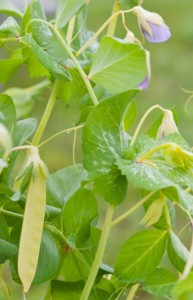
The Golden India edible pea pods (and purple flowers) I grew from the Scheepers Kitchen Garden Seeds catalog were almost too pretty to eat.
You can always browse and order online, but I’m a diehard printed catalog fan – and I like conversing with the nice people taking orders over the phone. The tactile pleasure of flipping through pages, folding over corners, underlining and jotting down margin notes only increases the pleasure of garden fantasizing on a cold winter day. The material cost of such indulgence is somewhat offset by my insistence on recycling or composting every scrap of paper that comes into my house.
This year, my Baker Creek catalog is really dog-eared. I’m ordering scary looking Chinese Python Snake Beans (actually a gourd relative), plus lots of flowers for pollinators. Maybe I’ll try Moldavian Balm/Dragonhead to make a tea reputedly good for “lightening a discouraged heart” in case adversity strikes. Too many enticing varieties to fit into my fenced community garden plot – so I’ll just have to sneak them into gardens at home too and hope the deer don’t notice.
Would like to learn more about edible landscaping? I’ll show you how gardeners around the country use edible plants in containers and ornamental gardens, and create beautiful vegetable gardens that mix flowers, fruits, herbs and vegetables, in The Edible/Ornamental Garden, one of my newest talks.
